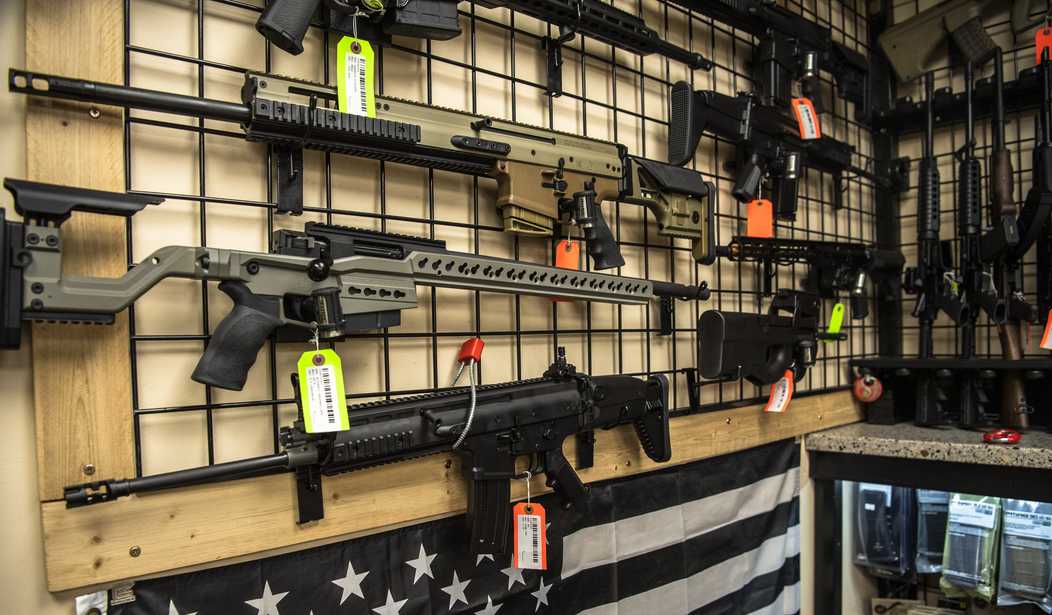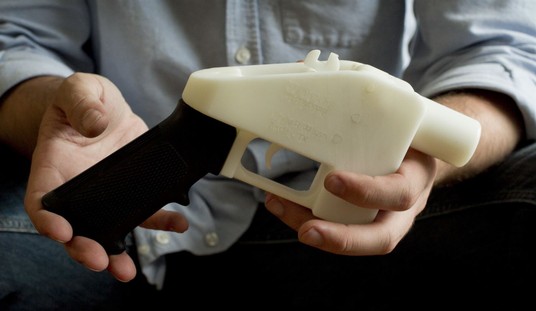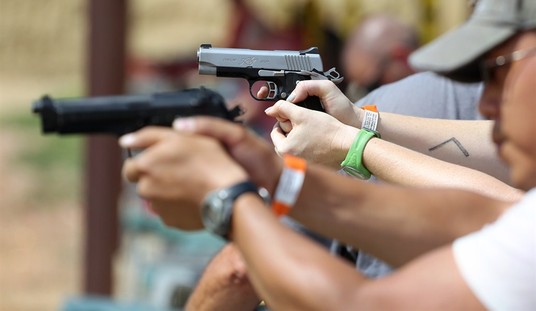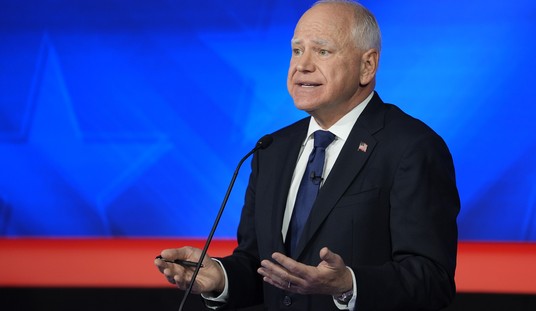The state of California has passed a tax on firearms.
This is something a lot of anti-gunners want. Their argument is that it'll fund things like victims' funds, citing conservation efforts funded by hunting license fees as being basically the same thing. The difference is that hunters directly benefit from the conservation efforts while law-abiding citizens don't create victims.
But it doesn't matter because it's the law in California.
At the LA Times, an op-ed tries to take a look at whether the tax itself will have any bearing on violent crime. The problem is that it's hard to do that when you clearly don't understand the issue in the first place.
It’s unclear how the new tax will affect gun violence. In theory, it should be highly effective. In 2023, some colleagues and I modeled the U.S. market for firearms and determined that for every 1% increase in price, demand decreases by 2.6%. This means that the market should be very sensitive to tax increases.
Using these figures, another colleague recently estimated that the California excise tax would reduce gun sales by 30% to 44%. If applied across the country, the tax could generate an additional $1.5 billion to $1.9 billion in government revenue.
But a problem may come from surrounding states: It’s already easy to illegally transport guns bought in Nevada, where laws are more lax, to California. But there’s some evidence that suggests our state’s new policy won’t be neutralized by its neighbors.
That's not the only problem, though.
While the author tries to liken this to so-called assault weapons crossing the border into Mexico, he's ignoring the simple fact that the United States as a whole has more firearms per person than Mexico does. Guns needed to come from elsewhere if the cartels were going to have their demand for weapons met. That's not the case in the US.
See, criminals don't need purpose-bought firearms. They just need guns and most firearms in criminal hands aren't purchased at gun stores. They're stolen from law-abiding gun owners who cannot and should not be prevented from owning firearms.
As such, there's no chance that a gun tax will have any bearing on them in the least. After all, if black market dealers aren't going to conduct background checks, what are the odds they'll collect a tax?
That's what the author is completely ignoring here.
See, he makes the argument that the impact of the tax should be compared to the impact of taxes on alcohol and tobacco, but he missed the fact that anyone above a given age can still obtain those legally. So long as the tax isn't too onerous, there's no reason to get them from an illegal source.
But guns are prohibited to millions of people. Many of those want or feel they need guns despite being prohibited, which means they're more likely to go and seek out an illicit source. It doesn't matter what tax you put on a gun, they're not going to pay it.
And thanks to our high recidivism rates, most of those people are the same folks who will be committing additional violent crimes down the road.
In other words, the tax is just a way to penalize law-abiding citizens for wanting to exercise a constitutionally protected right.
Somehow







Join the conversation as a VIP Member